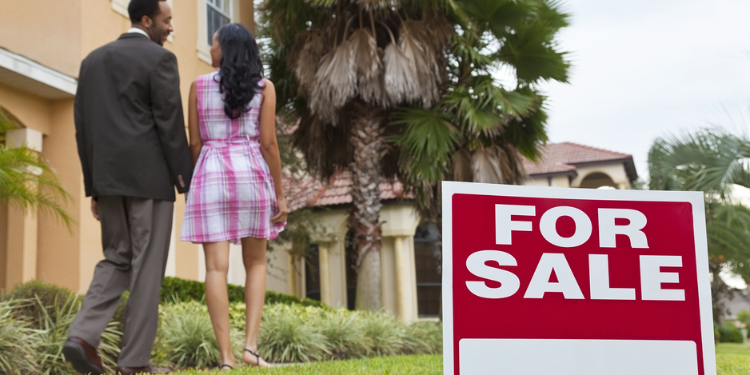
Perhaps second only to country of choice, one of the most important decisions we make as expats is whether to rent or buy a property. For temporary employment overseas, this is rarely a consideration, but for those relocating permanently, whether for retirement, lifestyle-change or some other reason, deciding whether to rent or buy is a major decision.
A recent report by Swinton Home Insurance suggests that home ownership has declined globally over the last ten years. While some countries have seen an increase in people choosing to buy their homes - an 86% increase in Australia over the last ten years - many have seen a steady decline, with people opting to rent instead of buy.
There are numerous reasons why people would choose one over the other, but one in particular becomes apparent when the cost of renting or purchase is defined as a percentage of the average salary for that country. As with all statistics, these figures have to be put into context to be meaningful. While the cost of buying or renting may be high for a local wage earner, it may well be that local salaries are low in comparison to other countries, yet property prices are not. An expat in a higher paying job, or with a retirement fund, could find that property prices are far below those in their country of origin, which may be one of the reasons many of us choose to live in another country.
There are numerous lists which show the top places for expats to live, all using slightly differing criteria to create the rankings. HSBC publishes one such list annually, after conducting a questionnaire/survey involving a number of expats worldwide. Ratings for lifestyle, disposable income, education and healthcare, are just a few of the things taken into consideration.
Of course, a country which suits an expat in employment, may well not be suited to one in retirement. Change your internet search to best countries for expat retirement, and a whole new list of place names will appear. Often, security, lifestyle and cost of living are of major concern when creating these rankings. Six of the countries listed in the Swinton report also appear in the HSBC top ten destinations for expats. Interestingly, only four of the countries quoted by HSBC also appear in the Business Insider's latest top ten retirement countries for expats. This perhaps suggests that many of the countries quoted on the HSBC list are places which are not ideal for retirement, but destinations more suited to the working expat.
Compare the Swinton table with the Business Insider top ten retirement places, and only two countries appear, Spain and Portugal. The only country to appear in all three lists is Spain, where home ownership is by far the most popular choice at 77.1% versus 22.9% for rental.
So does this tell us anything? Well, yes, no, and maybe. The list from Swinton, as comprehensive as it is, only shows us that in many countries, salary and rental/purchase prices determine what the local population find possible and sustainable. When it comes to expats, this list is only useful if your chosen future country of abode is listed, and then merely as a guide as to what might be available. On the other hand, there is a correlation between the best places for expats to live, and the top ten best places for expats to retire, with Mexico, Malaysia, Thailand, and Spain appearing on both. That may well have an influence for those of us who know we want to live or retire elsewhere, but haven't quite decided where that will be.
What it really boils down to is that all the statistics in the world cannot replace your own knowledge and experience when it comes to choosing a place to live. As stated at the beginning of the article, whether to rent or buy is a major decision. What is important to note is that it cannot be the sole decision when it comes to choosing a destination. You may want to keep a healthy bank balance and travel, in which case tying up your capital in bricks and mortar may not be a wise choice. Alternatively, you may want to put down roots and never set foot outside the country again, making buying a property possibly the best option for you.
Do your research well, spend time in the countries under consideration, and ask other expats about the pleasures and pitfalls, not only about the accommodation availability and costs, but about everything else that will determine your future happiness.



















